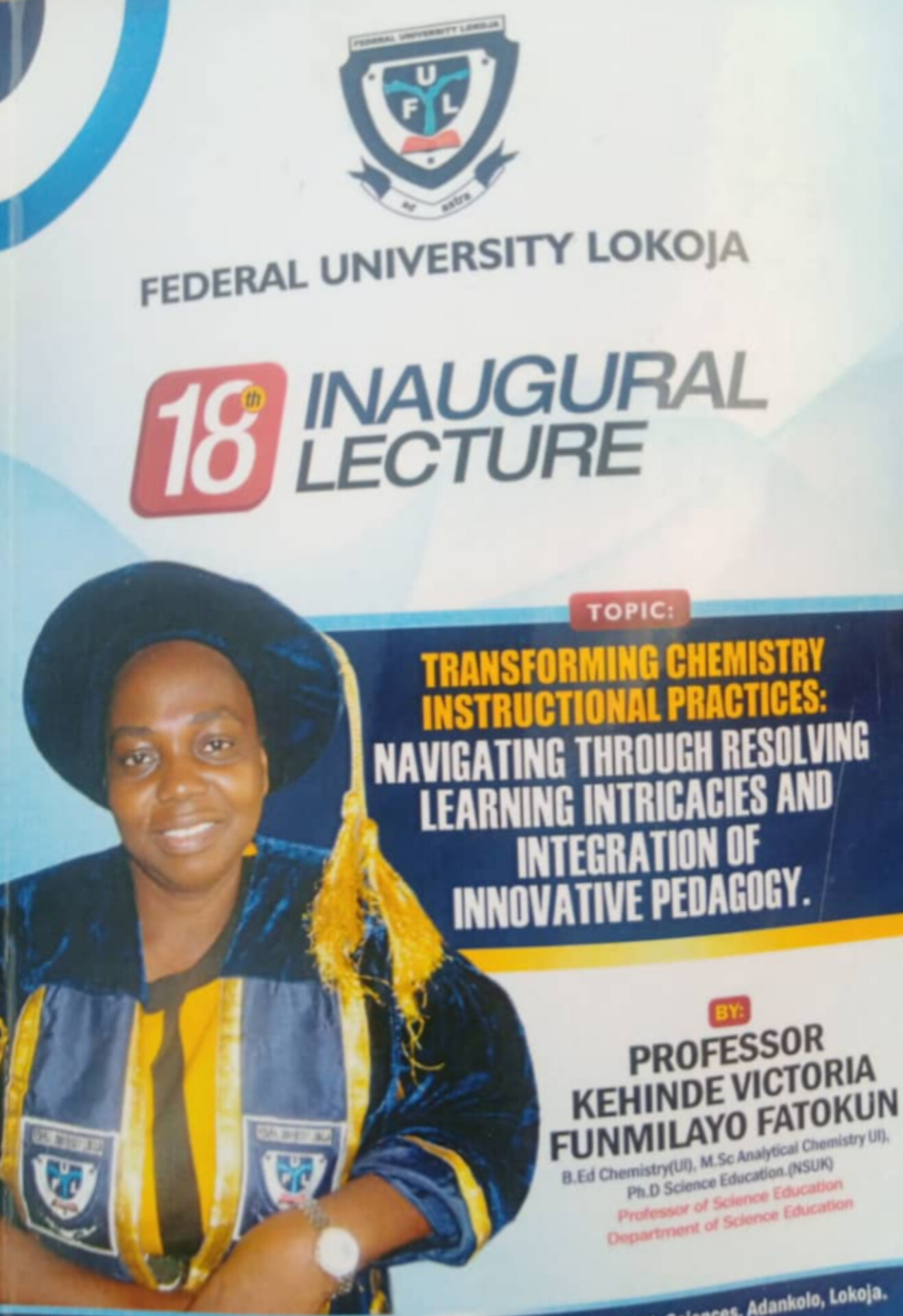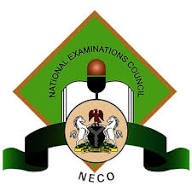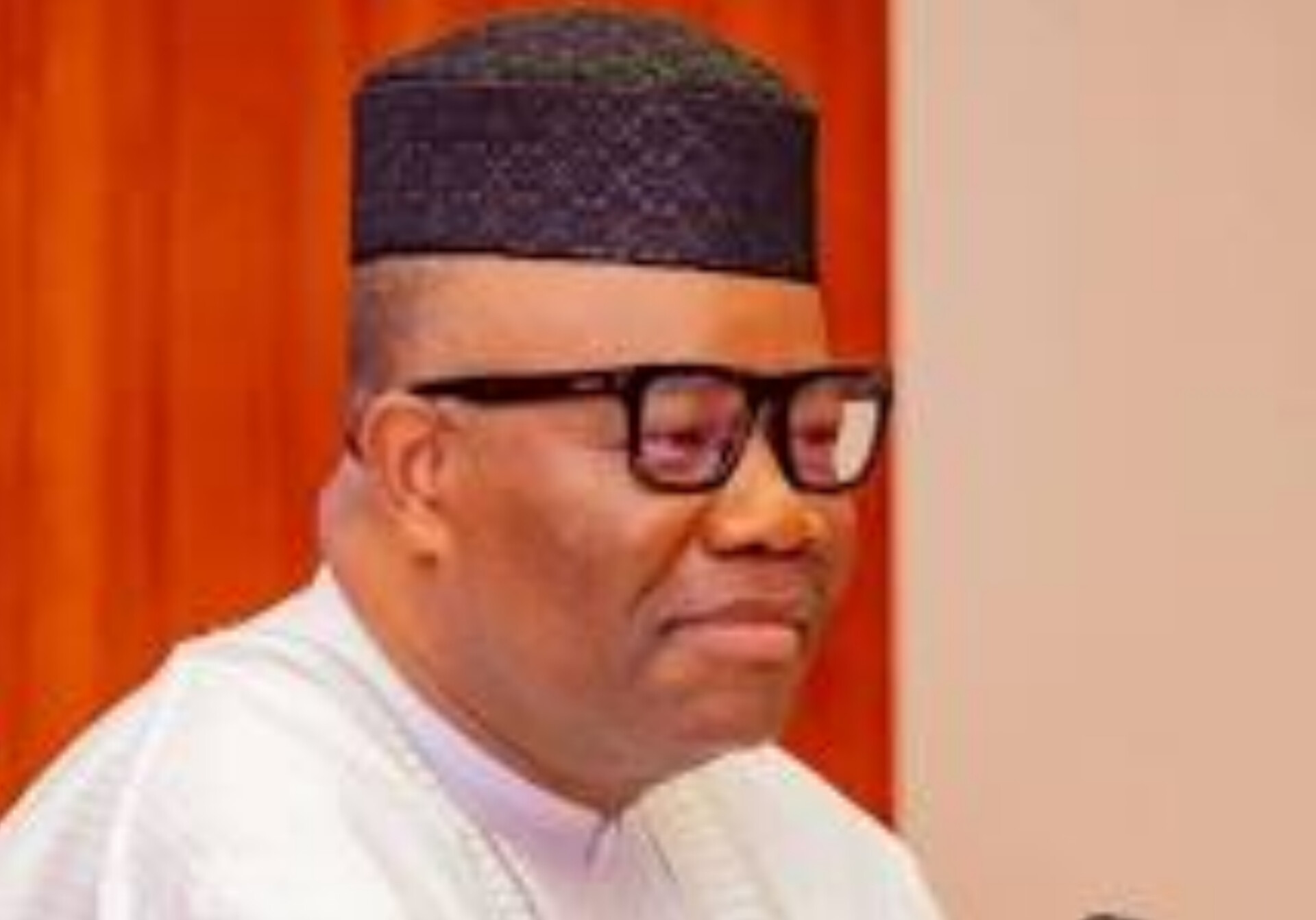Education
Don urges teachers to learn, deploy AI tools in teaching

By Friday Idachaba, Lokoja.
Professor Kehinde Victoria Fatokun, a Professor of Science Education, has called on teachers to adapt to changes, learn and deploy Artificial Intelligence (AI) tools in the teaching profession.
Prof. Fatokun made the call at the 18th Inaugural Lecture series of the Federal University Lokoja (FUL) as part of her advocacy for resourceful teaching and productive learning.
The Inaugural Lecture had the topic: “Transforming Chemistry Instructional Practices: Navigating through Resolving Learning Intricacies and Integration of Innovative Pedagogy.”
She said that the world was evolving as methods and procedures continue to change with innovations and technological breakthroughs adding that the teaching profession should also adopt new technologies including the Artificial intelligence tools.
The Professor of Science Education called for the development of intensive research and knowledge transfer culture, permeating all teaching and learning activities.
She said that the development of appropriate skills in students should be paramount and learning should be made appealing to them, in order to produce competent graduates.
Prof. Fatokun stressed that Educational research findings on current pedagogical issues should not be ‘kept in the shelf’ but be made available to the ‘implementer’ in an applicable manner for solving most of the instructional challenges they often encounter.
The former HoD, Department of Science Education, Anchor University, Lagos, tasked Curriculum developers and Authors to strive at tackling issues of “difficult concepts” during curriculum reviews with the application of novel approaches.
She suggested that emphasis should be placed on simplifying instruction to demystify misconceptions while there should be flexibility in adapting the curriculum content to the global trend.
“Published books should be clear, simple to understand and all ambiguity that create additional learning concerns should be removed”, she urged.
She however urged the FUL Management team to organize workshops for all teaching staff with the aim of familiarizing them with innovations in teaching especially the use of modern techniques and learning technologies for their pedagogical skill development.
She charged the Quality assurance directorate to ensure proper monitoring of academics through specific metrics to ensure quality teaching.
Prof. Fatokun charged students to be intentional about learning, not just cramming and passing examinations adding that conscious effort should be made henceforth to ensure understanding and retention to aid the application of the knowledge gained.
Speaking earlier, the
Vice-Chancellor of the University, Prof. Olayemi Akinwumi noted that the Inaugural Lecture series of the University had become “a beacon of intellectual discourse and academic excellence, showcasing the groundbreaking research and innovative thinking of our academic Staff.”
He described the Lecture topic, “Transforming Chemistry Instructional Practices: Navigating through Resolving Learning Intricacies and Integration of Innovative Pedagogy,” as both timely and apt.
The Vice-Chancellor noted that in navigating the complexities of modern education, the need to evolve teaching methodologies that would better address the diverse learning needs of students had never been more pressing.
“In the rapidly changing landscape of higher education, the integration of innovative pedagogy is crucial for preparing our students to meet the demands of the future”, he said.
The Vice-Chancellor who declared the Lecturer as “Discharged and Acquitted” after the delivery, described the 18th Inaugural Lecture as much a celebration of Prof. Fatokun’s achievements as it is “a testament to her collective contributions.” (Ends)
Education
NECO Extends Global Footprint, Accredits Schools in Niger Republic, Equatorial Guinea

The National Examinations Council (NECO) has expanded its international reach by accrediting additional foreign schools in Niger Republic and Equatorial Guinea to conduct its Senior School Certificate Examination (SSCE) and Basic Education Certificate Examination (BECE).
These newly accredited schools will join those in Saudi Arabia, which previously secured NECO’s accreditation, to begin writing the examinations starting next year.
NECO’s Director of Information and Public Relations, Mallam Azeez Sani, announced this in a statement issued on Saturday in Minna. He said the initiative reflects NECO’s commitment to broadening its horizons and establishing a global presence.
Thorough Accreditation Process
According to Sani, NECO’s Accreditation Team visited the schools to assess their readiness for the examinations.
The evaluation process included inspections of classrooms, laboratories, libraries, computer labs, workshops, examination halls, and sports facilities.
“After a comprehensive assessment, the schools were granted full accreditation status for both SSCE and BECE,” he said.
This expansion, he added, highlights NECO’s dedication to delivering quality education assessments that transcend Nigeria’s borders, offering opportunities for students to benefit from its expertise and standards.
Strengthening Regional Impact
The council’s growing influence has made it a key player in Africa’s education sector. Currently, NECO examinations are being conducted in several countries, including Benin Republic, Togo, Côte d’Ivoire, Niger Republic, Equatorial Guinea, and Saudi Arabia.
NECO also disclosed that the ongoing NECO SSCE External Examination is being conducted at the UNHCR School in Diffa, Niger Republic—the first NECO SSCE External Centre outside Nigeria.
The council reiterated its commitment to advancing education on the continent and beyond. “With its expanding global presence, NECO is poised to become a leading examination body in Africa, fostering educational excellence and contributing to the development of the education sector across the region,” the statement read.
This international accreditation further reinforces NECO’s standing as a credible examination body, providing students worldwide with access to reliable and standard assessments.
Education
Senate Commits to Making Nigeria a Hub of Educational Excellence

The Senate has reaffirmed its commitment to making Nigeria a beacon of educational excellence, emphasizing the critical role of education in driving national progress.
This pledge was made on Thursday during a public hearing organized by the Senate Committee on Tertiary Institutions and TETFund to discuss two bills: The Federal Polytechnic Onueke, Ezza South, Ebonyi (Establishment) Bill, 2024 and The Alvan Ikoku Federal University of Education, Owerri (Establishment) Bill, 2024
Representing the Senate President, Godswill Akpabio, Senator Titus Zam (Benue North West) highlighted the Senate’s dedication to fostering inclusive and sustainable development through education.
“Education remains a cornerstone for national progress,” Senator Zam noted. “Its accessibility to all Nigerians, irrespective of geographical or socio-economic status, is a priority for this Senate.”
He emphasized that the input of stakeholders at the hearing would underscore a shared resolve to strengthen Nigeria’s educational framework, expand opportunities for intellectual growth, and provide technical and vocational training for the nation’s youth.
Akpabio, through Senator Zam, assured Nigerians of the Senate’s dedication to legislative measures that promote equity, national growth, and prosperity.
Chairman of the Senate Committee on Tertiary Institutions and TETFund, Senator Muntari Dandutse, explained that the Federal Polytechnic Onueke Bill aims to bolster technical and vocational education, aligning with the government’s efforts to reduce unemployment and enhance socio-economic conditions.
Similarly, Senator Kenneth Eze (Ebonyi Central), sponsor of the Federal Polytechnic Onueke Bill, emphasized that the institution would address pressing challenges in the labor market by focusing on skill-based education, ICT, and applied sciences.
“This initiative represents a paradigm shift for a nation grappling with high unemployment rates. It is a step toward advancing human capital development and securing a brighter future for Nigerian youths, particularly those in Ebonyi State,” Senator Eze said.
The Senate reiterated its commitment to legislative initiatives aimed at strengthening the education sector and creating opportunities for skill acquisition and intellectual development. By supporting these bills, the Senate seeks to position Nigeria as a global leader in education and human capital development.
Education
In Response to Viral Bullying Incident, FG Suspends 13 FGC Enugu Students

The Federal Government has suspended 13 students of the Federal Government College (FGC) Enugu for six weeks following an alleged bullying incident that was widely circulated on social media.
The suspension was ordered by the Minister of Education, Dr. Tunji Alausa, who emphasized that safety and discipline are paramount in federal schools.
According to Folashade Boriowo, the Director of Press and Public Relations in the Ministry of Education, the incident involved a gang assault on an SS1 day student and raised serious concerns about student welfare at FGC Enugu.
The viral video prompted the ministry to establish a disciplinary committee to investigate, leading to the temporary suspension of the students involved.
Dr. Alausa has directed the School-Based Management Committee to collaborate with security agencies to conduct a thorough probe into any possible external influences.
In addition, the government has introduced enhanced security measures at the college, with law enforcement presence and strengthened safety protocols.
As part of the response, the ministry will also provide counseling and rehabilitation services to promote a safe, positive school environment for all students involved.
-

 Crime1 year ago
Crime1 year agoPolice nabs Killer of Varsity Lecturer in Niger
-

 News10 months ago
News10 months agoFCT-IRS tells socialite Aisha Achimugu not to forget to file her annual returns
-

 Appointment1 year ago
Appointment1 year agoTinubu names El-Rufai, Tope Fasua, others in New appointments
-

 News From Kogi1 year ago
News From Kogi1 year agoINEC cancells election in 67 polling units in Ogori-Magongo in Kogi
-

 News From Kogi1 year ago
News From Kogi1 year agoEchocho Challenges Tribunal Judgment ordering rerun in 94 polling units
-

 News1 year ago
News1 year agoIPOB: Simon Ekpa gives reason for seperatists clamour for Biafra
-

 Metro8 months ago
Metro8 months ago‘Listing Simon Ekpa among wanted persons by Nigeria military is rascality, intimidation’
-

 News11 months ago
News11 months agoKingmakers of Igu/ Koton-Karfe dare Bello, urge him to reverse deposition of Ohimege-Igu
